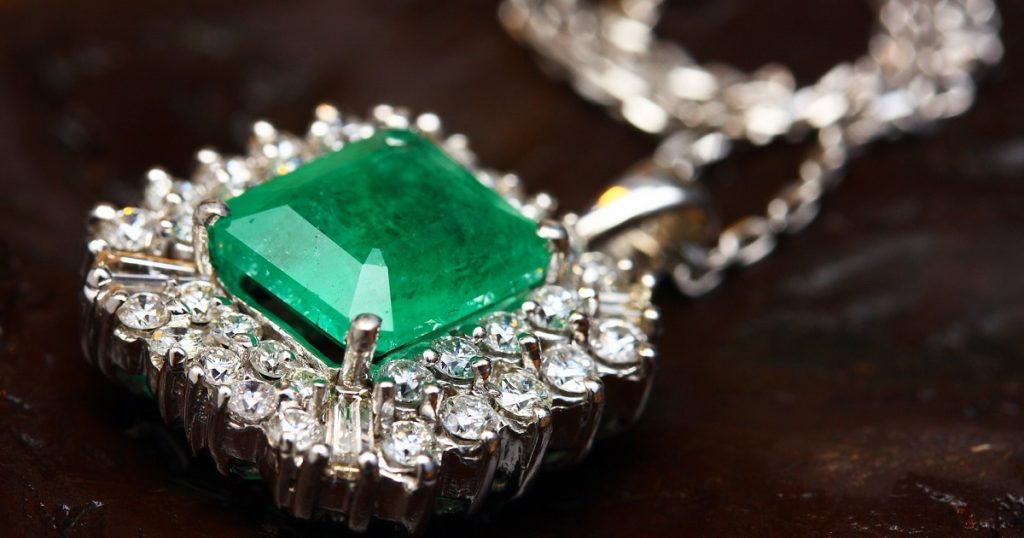
My daughter has learned to manage her money quite well. In fact, she has never had any trouble with this. From age twelve, we applied for her first bank account and got her a debit card.
We then did a quick calculation to understand how much money we were spending on her clothes, entertainment, presents for friends, tithe etc…. and started paying all that money into her account each month. We helped her formulate a budget to manage her own money and she has never looked back.
One of the first lessons we drummed into her was the idea of “Paying yourself First”. Ten percent of all her income goes into a savings account. This is her “seed” to sow and grow for future harvest.

Investing as a Christian
She has done really well at managing her money but I realized that her savings had become just that, and nothing more. This is tantamount to burying your gold in the ground. I also needed to teach her about investing as a Christian.
24 “Then the man who had received one bag of gold came. ‘Master,’ he said, ‘I knew that you are a hard man, harvesting where you have not sown and gathering where you have not scattered seed. 25 So I was afraid and went out and hid your gold in the ground. See, here is what belongs to you.’ 26 “His master replied, ‘You wicked, lazy servant! So you knew that I harvest where I have not sown and gather where I have not scattered seed? 27 Well then, you should have put my money on deposit with the bankers, so that when I returned I would have received it back with interest. 28 “‘So take the bag of gold from him and give it to the one who has ten bags. 29 For whoever has will be given more, and they will have an abundance. Whoever does not have, even what they have will be taken from them. 30 And throw that worthless servant outside, into the darkness, where there will be weeping and gnashing of teeth.’
Matthew 25:24-30
Now I’m not suggesting that my daughter is a “wicked and lazy servant”. Her lack of knowledge is not a crime. It’s my job to teach her these principles. I suddenly realized that, as I had not done this, I was the wicked and lazy servant!
Money devalues at the rate of inflation. In other words if inflation is at 5%, $100.00 worth of groceries will cost $105.00 by the same time next year. If we simply bury our “gold” by putting it under the mattress or in a zero-interest bank account, our $100.00 will have the buying power of $95.00 in a year’s time. In other words, when it comes to investing as a Christian, simply putting your money in the bank and forgetting about it is a bad investment.
And so I took the plunge. More to the point, I made my daughter take the plunge. We settled on gold as an asset class. I have always shied away from gold as I don’t know the commodity very well. That is to say, I don’t understand how it moves and what influences its price. However, the goal here was not to teach my daughter how to make a fortune investing in gold.
The goal was to teach her to invest in something. Gold is a good match for her because it is:
- Affordable in small quantities
- Easy to buy and sell
- Holds its value over time
Could she lose her money? Possibly. But she could also grow it into a truly worthwhile investment. Anything lost would amount to lessons learned but, over time, her investment will probably grow. Dealing with financial loss is part of investing as a Christian. I would rather she learns this now than live her entire life gripped with the fear of financial loss. After all, money is just not that important.
The point of teaching my daughter how to invest? Good stewardship. Stewardship starts with the understanding that all we have belongs to God. Our stewardship starts with giving of our tithes and offerings to invest in God’s kingdom and purposes.
However, that is only the tip of the iceberg. Having given to God’s kingdom doesn’t mean we get to pat ourselves on the back and squander the rest as we please. Having set aside a portion as our “seed”, we then need to learn how to plant, water and grow that seed to produce a future harvest.
This will allow us to keep on investing in God’s kingdom in years to come. It will also afford us the time to spend on those things that are truly important.













